NEWS
January 27, 2017

IN BRIEF
The Accountability Lab catalyzes a new generation of active citizens and responsible leaders around the world. Our core work is through the Accountability Incubator: a two-year program of support for the very best “accountapreneurs”. This year the application process was incredibly competitive; we had hundreds of applications across our three focus countries–Nepal, Liberia and Pakistan. We have selected 15 amazing young change-makers to join our Incubator and work with us to transform their societies through new and sustainable ideas for accountability. We’ve seen inspiring projects from past accountapreneurs, and this year we’ll have a dynamic mix of first year and second [...]
SHARE
The Accountability Lab catalyzes a new generation of active citizens and responsible leaders around the world. Our core work is through the Accountability Incubator: a two-year program of support for the very best “accountapreneurs”. This year the application process was incredibly competitive; we had hundreds of applications across our three focus countries–Nepal, Liberia and Pakistan. We have selected 15 amazing young change-makers to join our Incubator and work with us to transform their societies through new and sustainable ideas for accountability. We’ve seen inspiring projects from past accountapreneurs, and this year we’ll have a dynamic mix of first year and second year accountapreneurs. It will be exciting to see what this unique opportunity for collaboration will produce!
Drumroll please…read more about the 2017/18 Accountability Lab “Accountapreneurs” below!
Liberia Accountability Incubator
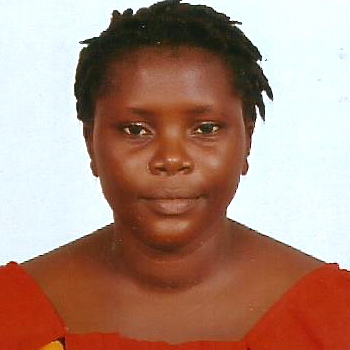 Miatta Mulbah
Miatta Mulbah
In Liberia, many young girls engage in commercial sex in order to survive or to pay for school. Miatta’s vision is “a Liberia where teenage girls are not exposed or forced into harmful practices that endanger their health or their future.” Through her organization Leemah, Miatta is using music and street theater to advocate for and raise awareness among girls in Montserrado and Margibi counties, ages 11-25, who face challenges of sexual violence, abuse, poverty. Leemah strives to change the mindsets vulnerable Liberian girls, and the broader community, to understand their rights and responsibilities as citizens and to rethink their future.
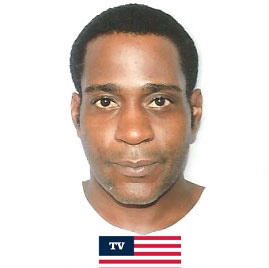 Logan Campbell
Logan Campbell
As a digital multimedia specialist, Logan has learned that television programming can play an important role in educating and inspiring Liberians and addressing critical social problems. He’s helped train human rights journalists and organize TEDxMonrovia, and now, through the Accountability Incubator, he is setting up Accountability Television to change how media is perceived and presented to Liberians. He will teach television production and transmission skills to a team of young people, and then use a network of public LiberianTV Cinema Boards to provide free, accessible, and entertaining information on key, accountability-related issues to the Liberian public.
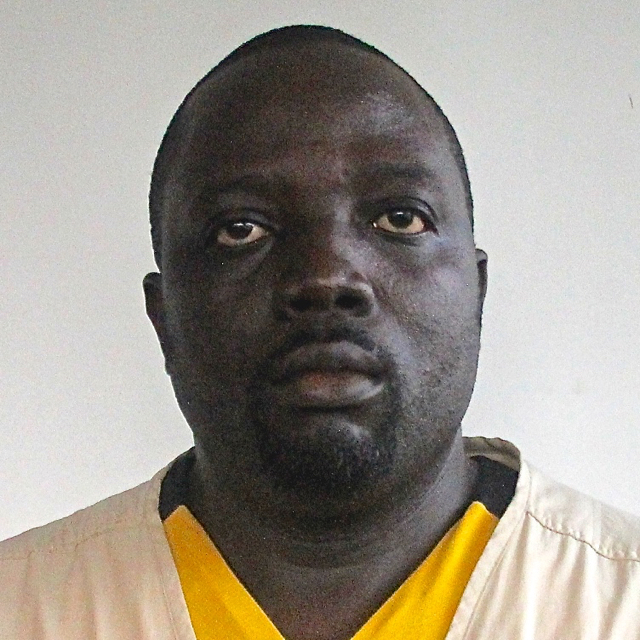 Orlind Cooper
Orlind Cooper
Orlind Cooper is a Liberian multimedia journalist, social advocate, and champion of gender equality. He is passionate about not only using visual storytelling to positively impact the people’s lives, but also teaching young Liberians to become journalists. Through the 2017-2018 Accountability Incubator, he will help a strong cadre of young, female citizens develop into visual storytellers. Participants in the Visual Storytellers initiative create stories on key electoral issues (including violence, education, water, sanitation, health, and infrastructure development) that affect marginalized communities. Then the Visual Storytellers will take their stories to locals leaders, ask them how they plan to solve the outlined issues, and hold them accountable to the promises they make through continuous follow-up on social media and other publications. Twitter: @orlindcooper
Nepal Accountability Incubator
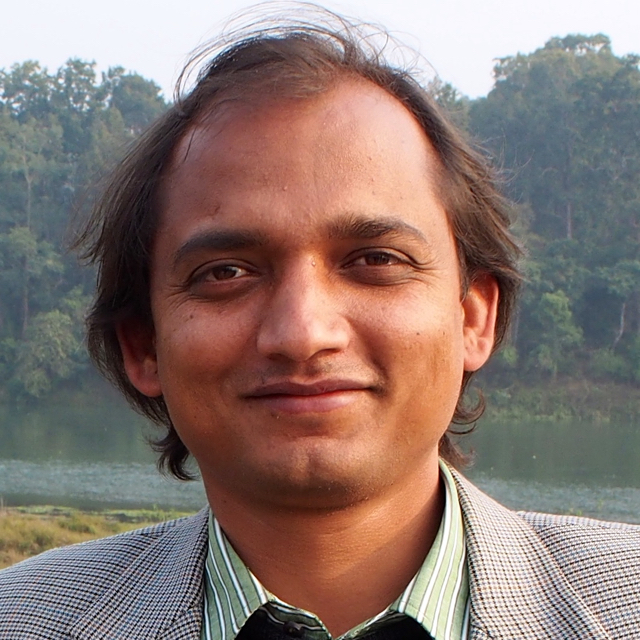
Prakash Bhattari
Prakash is used to tackling some of the toughest social issues. Through his current role as president of the Centre for Social Change (CSC) he’s dealt with everything from discrimination to violence and human rights violations. These issues and more appeared again during his time with organizations like Youth Action Nepal, AYON, and Collective Campaign for Peace. He’s dealt with them through research and evaluation as well as publishing scholarly articles, but he’s driven to do more still. Through the Accountability Lab, Prakash plans to address some of the root causes of the issues he’s witnessed in his initiative, Migration Watch. Twitter: @pbhattarai
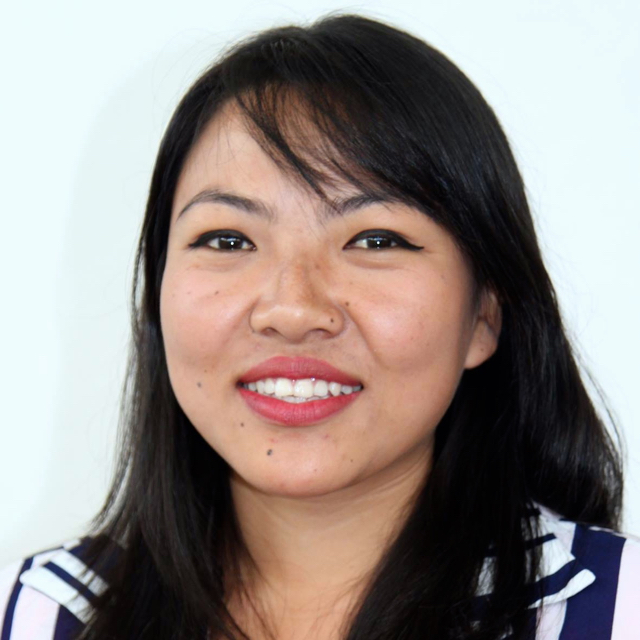 Kabita Rai
Kabita Rai
Kabita identifies with several ‘ist’s – artist, activist, feminist – and it’s these identities that drive her to be a change-maker. Kabita firmly believes that good governance and systems of accountability are necessary to achieve a prosperous Nepal. As the founder and president of Abiral – The Arts Group she works for these goals by empowering youth through art. Beyond that she serves as a panelist at the UN Youth Advisory board while also pursuing a Masters in Gender Studies at Tribhuvan University. With the Accountability Lab’s support, Kabita plans to use art and theater to promote accountability at all levels of society.
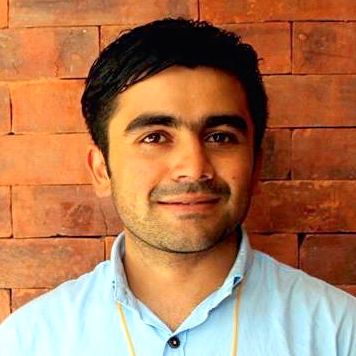
Prakash Koirola
Prakash recognizes that a great deal of corruption and obstacles to development come from the financial sector. His hope, then, is that solutions can come from there as well. Prakash has seen firsthand how inexperience and a lack of correct information can lead Nepalis to make poor financial decisions. This spurred him to educate citizens in his community and districts he visited on managing budgets, their role in development, and how to utilize government services. Through the Accountability Lab, he plans to expand his work enhancing financial knowledge to ensure that public services are delivered to all citizens. He will also be spreading his message to a much wider audience when he speaks at TEDxICT Mumbai on the subject of financial literacy. Twitter: @lightkoirala
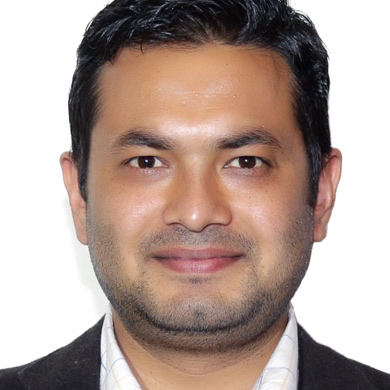
Brabim Kumar
Brabim has already managed one of the largest earthquake relief initiatives in Nepal, #act4quake, held leadership roles in Equal Access Nepal, as well as worked with UNICEF Nepal. He’s even moved beyond Nepal to work with the UN Peacekeeping mission in South Sudan. He’s not content to stop there, though. After a decade as an activist and witnessing the slow post-earthquake recovery in Nepal, frustration with existing systems motivates him to develop new platforms that work now – but will also serve Nepal’s future. With the support of the Accountability Lab, Brabim plans to close feedback loops by researching and compiling a knowledge base on post-disaster relief efforts and the reconstruction process. Twitter: @brabimkumar
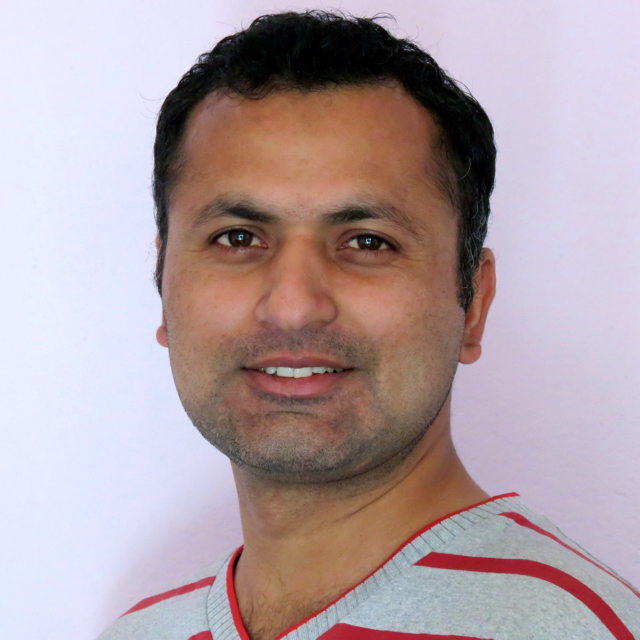
Yubaraj Nepal
Several years of handling cases of migrant rights violations has taught Yubraj that the cause of so many problems can be attributed to a lack of information and misinformation. He sees a great need for reliable labor migration information to be circulated for the good of the migrant workers themselves and for labor migration practices. While he’s already co-founded the Center for Migration and International Relations (CMIR) to advocate for the rights of migrant workers and their families in Nepal, he has big plans for the future. With the Accountability Lab’s help, Yubraj plans to set up Pravasi Suchana Sathi (Migrant Information Friend), to provide just that labor migration data he’s found to be lacking. This open data initiative will reduce corruption, false information, and allow migrants to exercise their rights. Twitter: @Yubraj_Nepal
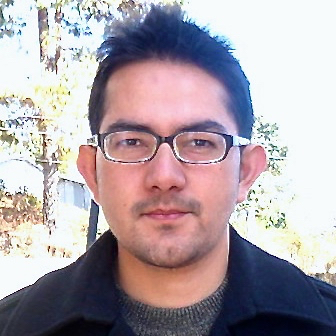 Busan Prasain
Busan Prasain
Busan vividly remembers the excitement he felt voting for the very first time in the Constituent Assembly (CA). He also remembers his dismay as he struggled to find any information on the candidates or political parties before voting. Committed to improving the process, he led a team in developing online resources to inform voters for the 2012 elections. He also co-founded the Daayitwa Public Service Fellowship Program and currently works as the Governance and Partnerships Director at healthcare organization Possible. Nepal’s future elections motivate Bhusan to work towards ensuring consistent access to critical information for voters. With the Accountability Lab, he plans to build an information and surveillance portal for more transparent electoral and political systems. Twitter: @better_nepal
Pakistan Accountability Incubator
Maqb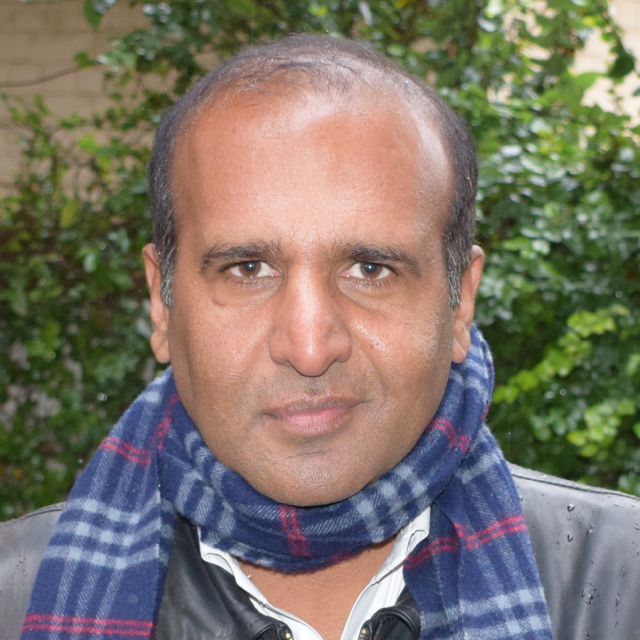 ool Ahmad
ool Ahmad
Maqbool has devoted his life to both learning about international development and working in it as a development practitioner. The last decade, he’s worked in governance, rule of law, and counter-extremism. In his most recent role he served as project manager for USAID’s two year program, “Citizen’s engagement for effective legislative governance.” Maqbool feels there is a significant portion of Pakistanis who are unable to exercise their civic rights and believes it is his and other government officials’ job to advocate for them. Through the Accountability Incubator, he will move beyond volunteering his time and expertise into developing a system of government reviews and community empowerment.
M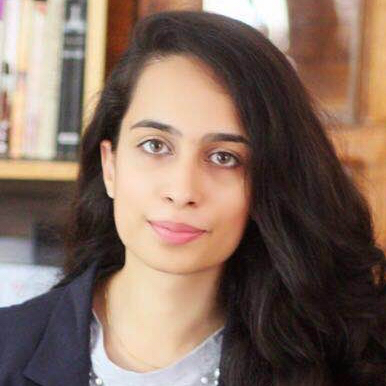 aliha Khalid
aliha Khalid
Maliha is a rising entrepreneur and young leader of Pakistan. Since attending the University of London for economics and winning an Echoing Green Fellowship, she has devoted herself to finding new solutions to age old problems in health, education and governance. While she firmly believes that entrepreneurship and building up business is good for her country, she does not want the consumer to suffer for it. The organization she co-founded, EZPZ Sehat, is dedicated to ensuring that every Pakistani is provided better quality healthcare. It is designed around her belief that bringing together all of the stakeholders in the healthcare industry in an interactive dialogue will ease issues of accessibility and quality. With the support of the Accountability Lab, Maliha plans to develop EZPZ until she attains her vision of a platform that significantly improves the quality of life for all Pakistanis.
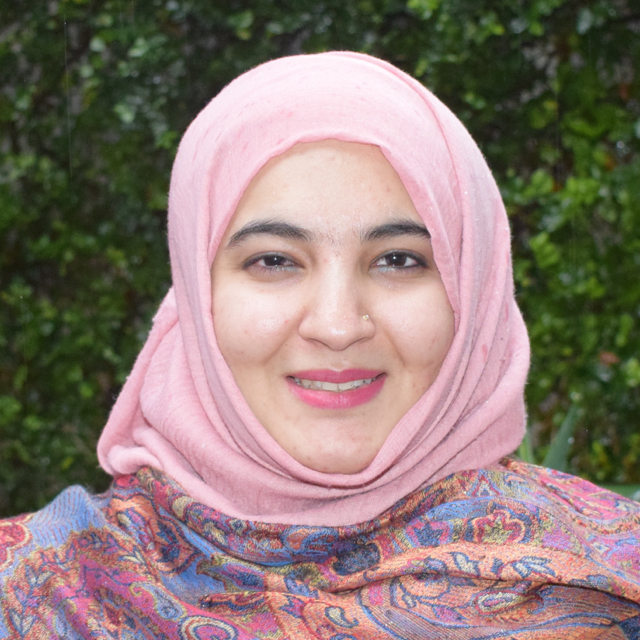 Tanzila Khan
Tanzila Khan
Tanzila has found her voice through writing, and she’s used it to speak out for others. After selling her first novella to raise funds for earthquake victims, she founder Creative Alley, an organization dedicated to youth empowerment that involves presenting students with simulations and discussing potential reactions. She believes training young people to deal with real life situations of discrimination or entrepreneurship will prepare them to be the change-makers necessary to alter a whole society. Through the Accountability Lab, Tanzila plans to target high schools – a critical age in the development of young citizens – with her training programs to transform the education system. Eventually she hopes this platform can address issues in other sectors.
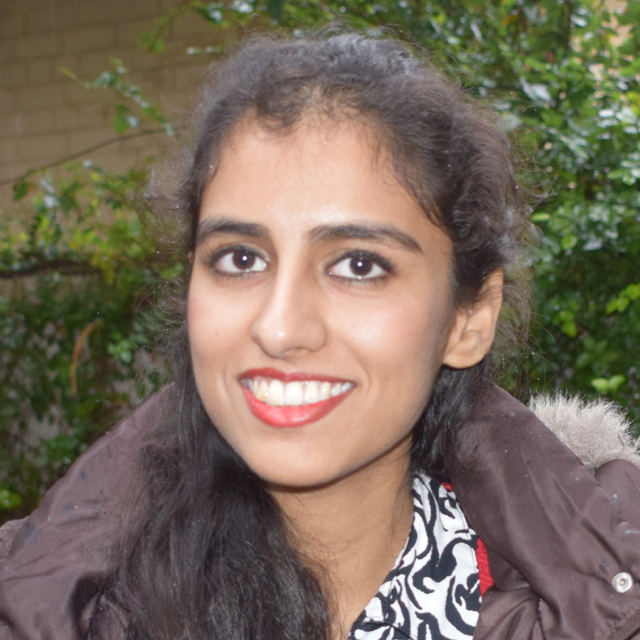 Maria Mahmood
Maria Mahmood
Maria recognizes education as a key factor in the empowerment of women in Pakistan. She also recognizes, however, that educational institutions may be a source of oppression for women as well. Incidences of sexual harassment often go unreported or aren’t taken seriously, largely because many don’t know about the Protection against Harassment of Women in the Workplace Act – or their rights under it. With the support of the Accountability Lab, Maria is committed to developing an advocacy and action program whose ultimate goal is compliance with existing regulations and the empowerment of women.
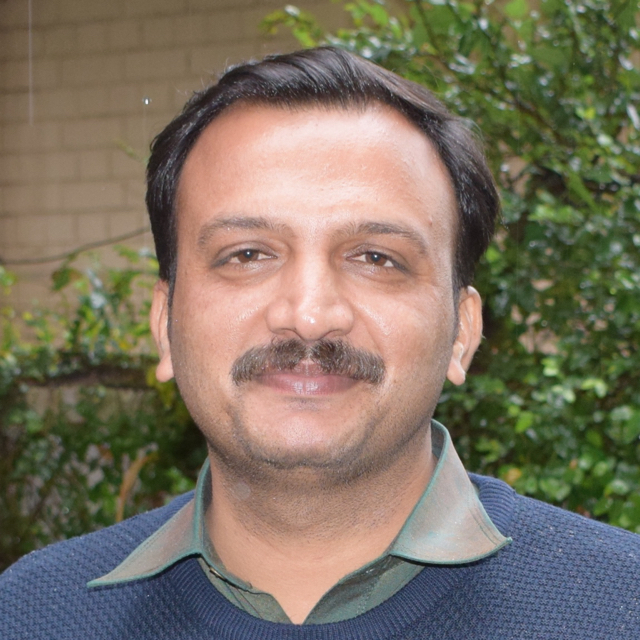 Imtiaz Ahmad Wattoo
Imtiaz Ahmad Wattoo
Imtiaz began his journey to help others by obtaining degrees in social work and law. He then began working with numerous civil society organizations and currently serves as president of the Foundation for Awareness and Civic Engagement (FACE). All of this he did because he staunchly believes democracy is the only way to build up a society and that politically engaged citizens can strengthen it. There are currently no non-commercial radio channels or any programming dedicated to civil and political education broadcast in Pakistan. Working with the Accountability Lab, Imtiaz plans to change that, using radio as a tool for reaching large audiences and providing them with vital information.
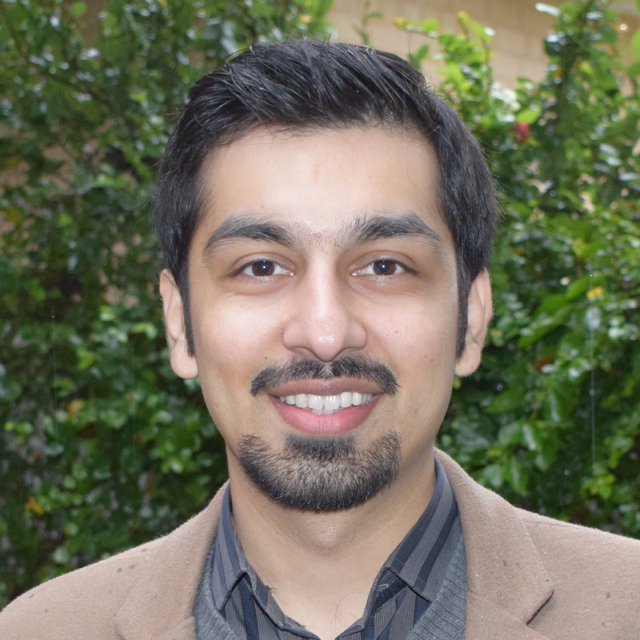 Hassan Mujtaba Zaidi
Hassan Mujtaba Zaidi
Hassan sees art as not just as a form of entertainment, but as tool for changing the world. With that in mind, he founded Discovering New Artists (DNA), a non-profit dedicated to providing arts education to underprivileged children. He’s expanded his efforts to engage young people into music, as well. With the support of the Accountability Lab, Mujtaba will launch Art for Change, an annual art competition in which children across Pakistan will be asked to submit their best art under the theme of accountability. Beyond the competition, the initiative will involve in-school presentations bringing together various stakeholders in the community to inspire young artists.
To receive updates on these accountapreneurs’ progress in building accountability in their communities, sign up for our monthly newsletter here. To show your support for these incredible change-makers, donate what you can to the Accountability Incubator here.
